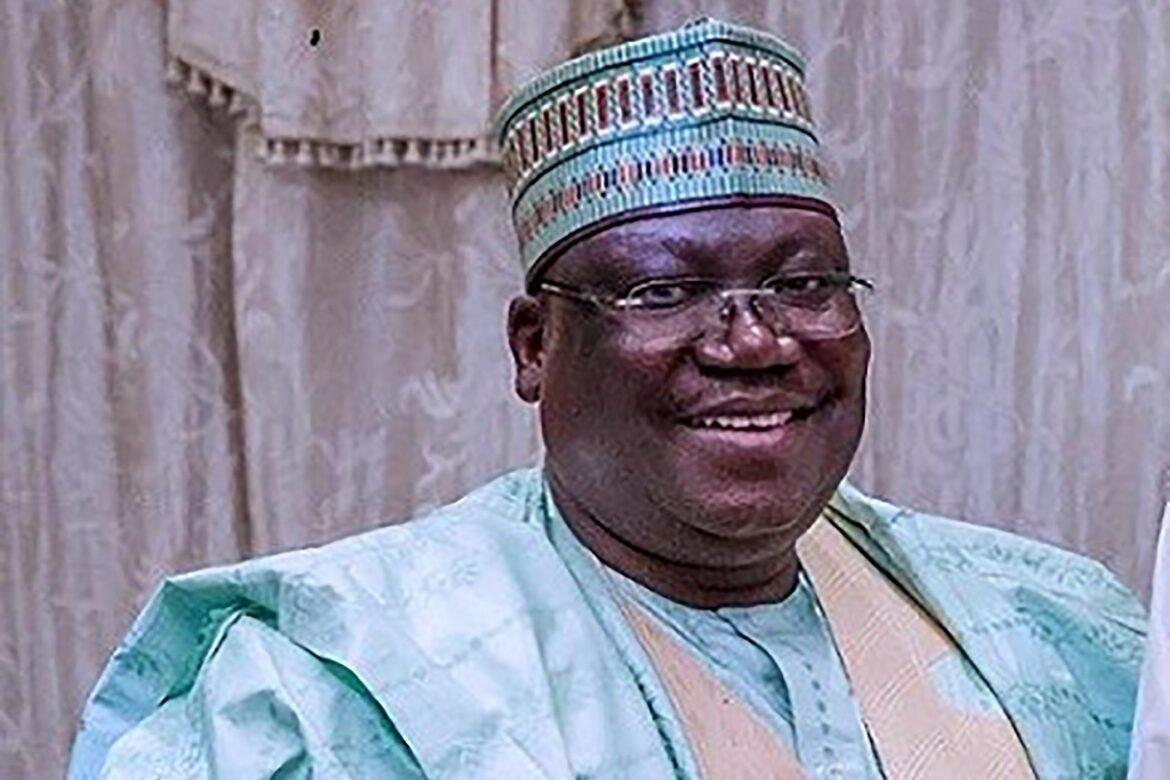The Senate has passed a bill seeking to control and manage sickle cell anaemia, a genetically inherited disease in Nigeria.
The passage of the bill followed the consideration of a report by the Committee on Health (Secondary and Tertiary) at plenary on Tuesday.
Chairman of the Committee, Senator Yahaya Oloriegbe (APC-Kwara), in his presentation, explained that sickle cell anaemia was a disease and inherited disorder of Haemoglobin (SS) from either or both parents of a child affecting nearly 100 million people globally.
According to him, Nigeria ranks first in the world as a sickle cell endemic country and was declared by the World Health Organisation (WHO) in 2006, as the capital of sickle cell disease in the world.
He warned that the disease had the potential of affecting Nigeria’s aspiration of attaining Goal 3 – Good Health and Well-being of the Sustainable Development Goals (SDGs) of 2020, unless special attention was paid to the prevention and management of the disease.
Oloriegbe added that the bill would establish the much needed legal framework for the prevention, control and management of the continuous spread of the disease, as well as avert early deaths and unnecessary medical expenses by families.
“The bill will strengthen existing structure, encourage and strengthen support groups and other groups to be able to assess the effectiveness or otherwise of the control strategies in place to eliminate sickle cell disease,” he said.
(NAN)








